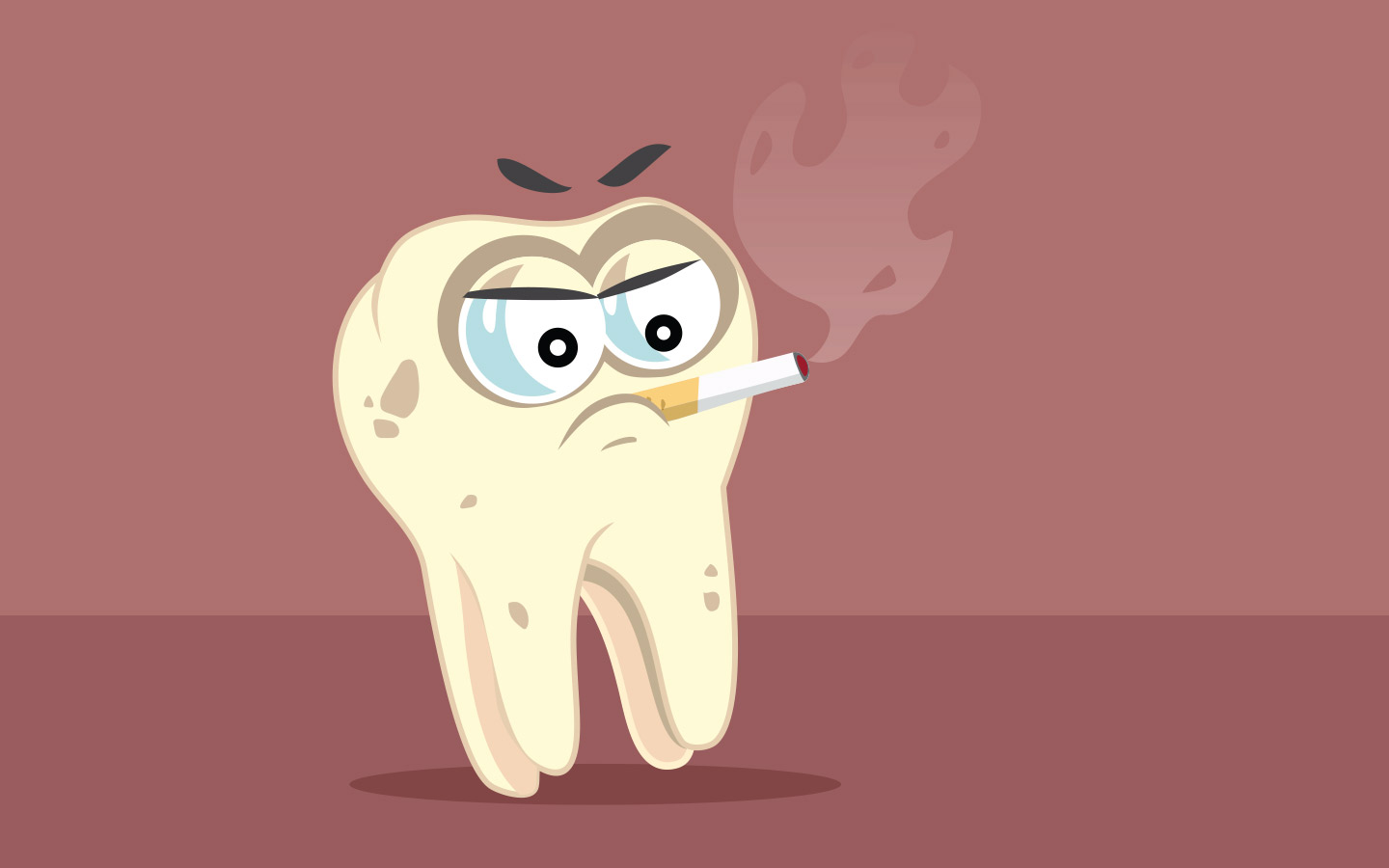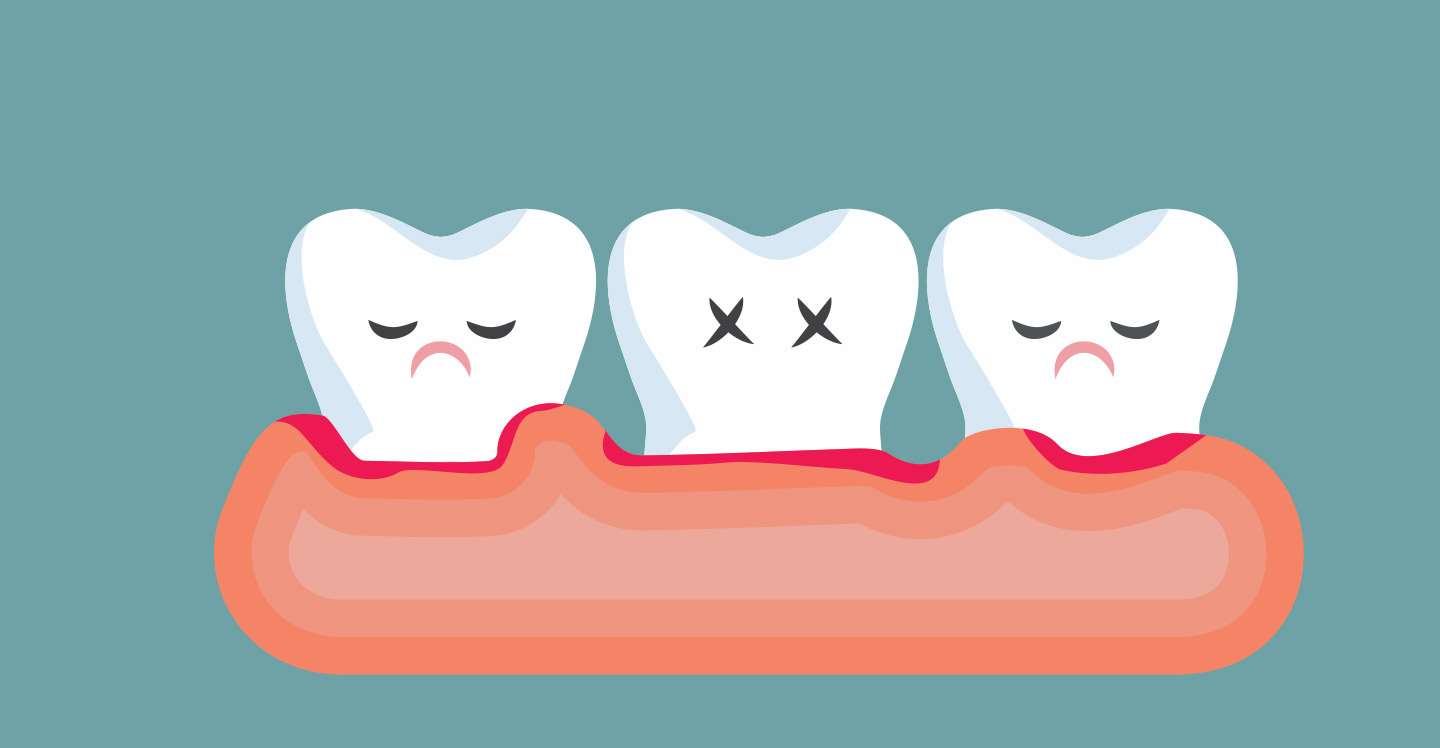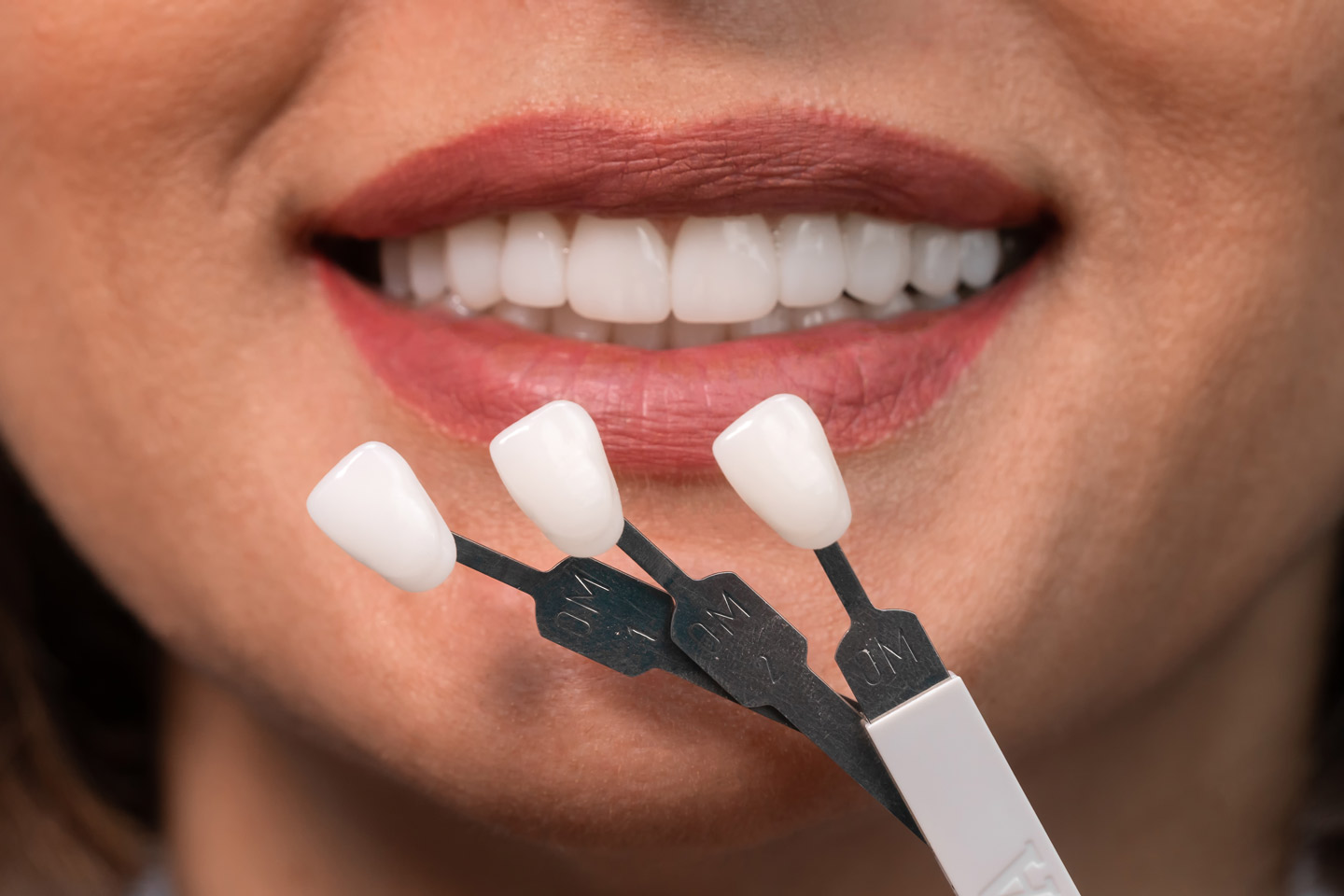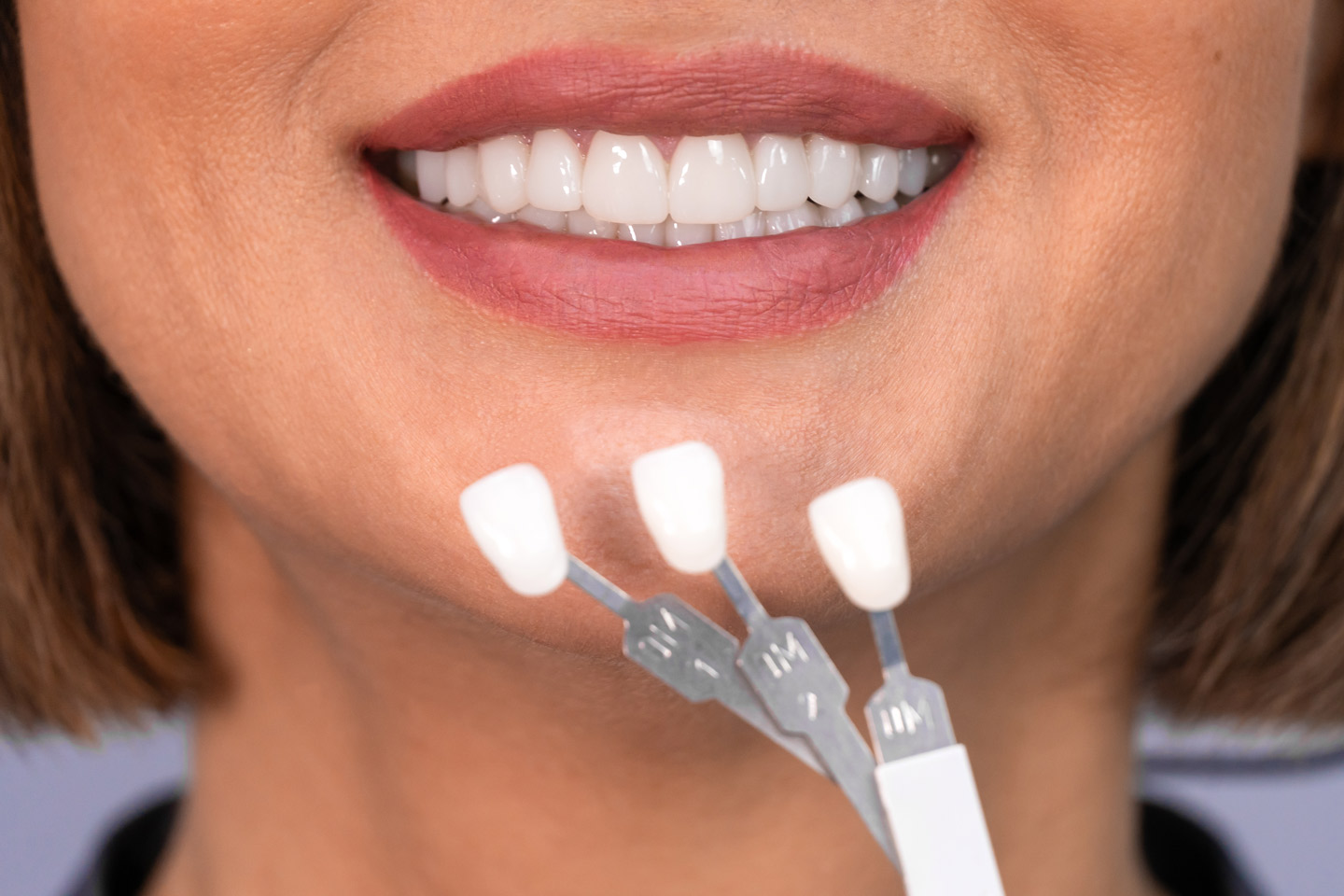How to Smoke After Tooth Extraction Without Getting Dry Socket

But worry not! In this article, we’ll guide you on how to smoke after tooth extraction without getting a dry socket, ensuring a smooth and speedy recovery.
Understanding Tooth Extraction and Dry Socket
Tooth extraction is a common dental procedure that involves removing a damaged or problematic tooth. After extraction, a blood clot forms at the site of the removed tooth, promoting healing.
Dry socket, also known as alveolar osteitis, occurs when this blood clot dislodges or dissolves, leaving the underlying bone and nerves exposed. Smoking can disrupt the formation of the blood clot, increasing the risk of dry socket.
Precautions Before Smoking After Tooth Extraction
After a tooth extraction, it is crucial to wait at least 48 to 72 hours before smoking to allow the blood clot to form securely and reduce the risk of dry socket. Consulting with the dentist is essential to ensure proper healing progress.
If smoking is resumed, avoiding deep inhalation is advised to prevent dislodging the clot. Considering alternative nicotine consumption methods and maintaining good oral hygiene are also recommended to promote healing and minimize complications.
Monitoring the extraction site for signs of dry socket or infection is important, and long-term consideration of quitting or reducing tobacco use is encouraged for overall oral health.
Choosing the Right Smoking Method
The way you smoke can significantly impact your healing process. Here are some safer smoking methods to consider:
- Pipes and Cigars: If possible, opt for pipes or cigars instead of cigarettes, as they involve less suction.
- Vaping: Vaping is a better alternative as it produces fewer toxins and involves less pressure on the extraction site.
- Edibles: Consider using edibles or tinctures to get your nicotine fix without any smoke.
Importance of Gauze and Rinsing
To further protect the extraction site while smoking, follow these steps:
Use Gauze: Place a piece of moist gauze over the extraction site to create a barrier between the smoke and the wound.
Rinse Gently: After smoking, rinse your mouth gently with warm saltwater to reduce bacteria and minimize the risk of infection.
Maintaining Oral Hygiene During Recovery
Maintaining proper oral hygiene during the recovery period after a dental extraction is essential for a smooth healing process:
Gentle Brushing: When brushing your teeth, take care to be gentle and avoid the area of the extraction site. Brushing too vigorously could dislodge the forming blood clot, which is crucial for the healing process.
Avoid Mouthwash: It’s best to refrain from using mouthwash, particularly during the initial healing phase. Some mouthwashes contain ingredients that may interfere with the formation of the blood clot in the extraction site.
Stay Hydrated: Drinking an ample amount of water is beneficial for keeping your mouth clean and moist. Adequate hydration also supports the healing process by promoting overall health and well-being.
Signs of Dry Socket and When to Seek Help
Be vigilant for signs of dry socket, such as:
- Severe Pain: Pain that worsens instead of improving.
- Empty Socket: An empty-looking socket instead of a blood clot.
- Bad Breath: Unpleasant breath or taste in your mouth.
If you experience these symptoms, contact your dentist immediately for appropriate care.
The Impact of Smoking on Healing
Smoking can have detrimental effects on the body’s healing ability in various ways:
Reduced Blood Flow: Smoking narrows the blood vessels and reduces blood flow throughout the body, including to the areas needing healing. This diminished blood supply can impede the delivery of essential nutrients and oxygen to the healing tissues, slowing down the recovery process.
Delayed Immune Response: The chemicals present in tobacco smoke can weaken the immune system, impairing its ability to function effectively. A weakened immune system is less capable of defending the body against harmful bacteria and other pathogens, which can increase the risk of infections and complications during the healing period.
Increased Infection Risk: Due to the compromised immune response and reduced blood flow, smokers are at a higher risk of developing infections, particularly at the site of a recent dental extraction. Infections can significantly hinder the healing process and may lead to more severe issues if left untreated.
Alternatives to Smoking During Recovery
While we recommend avoiding smoking altogether during the healing process, here are some alternatives to consider:
- Nicotine Patches or Gum: Nicotine patches or gum can provide a controlled dose of nicotine without smoke.
- Mindful Breathing: Practice deep breathing or meditation to manage cravings and reduce stress.
FAQs
Can I smoke immediately after tooth extraction?
No, it’s essential to wait at least 48 to 72 hours before smoking to avoid the risk of dry socket.
Is vaping safe after tooth extraction?
Vaping is safer than smoking cigarettes, but it’s still advisable to wait a few days and take precautions.
How do I know if I have a dry socket?
If you experience severe pain, an empty-looking socket, or bad breath after tooth extraction, you may have dry socket.
Why is smoking harmful during the healing process?
Smoking reduces blood flow, weakens the immune system
Conclusion
With proper precautions and alternatives in place, you can still enjoy a smoke after tooth extraction without the fear of dry socket. Remember to give your body the time it needs to heal and consult your dentist if you have any concerns during the recovery period. Happy healing!




